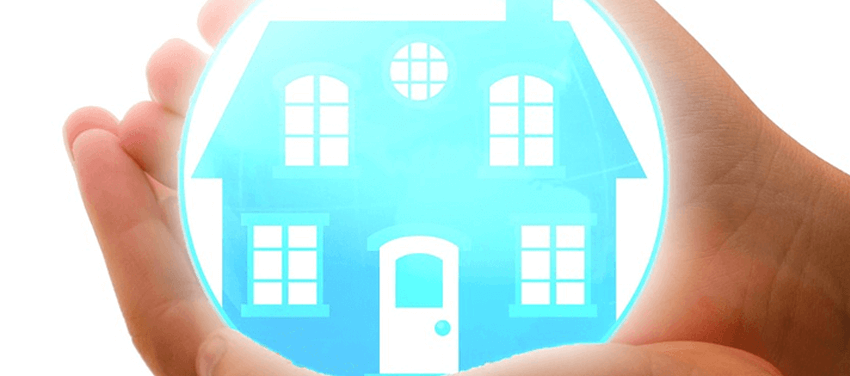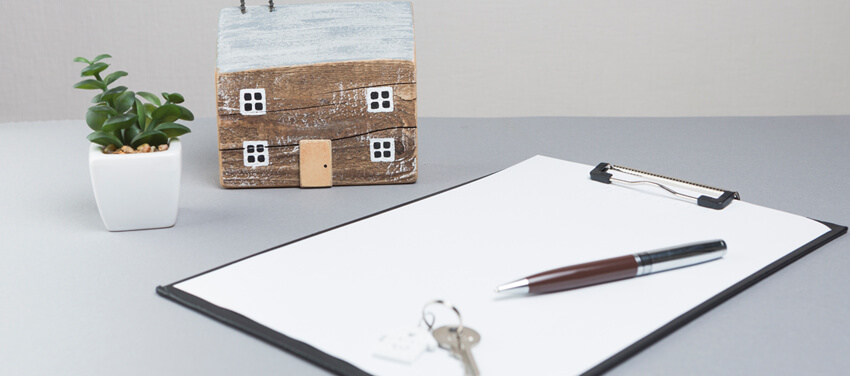You’ve made the decision to buy a house and you now need a mortgage. So what do you need to get a mortgage? You may be a first time buyer or you may have already had a mortgage in the past. Either way, getting a mortgage can be complicated so you’ll need to be sure you have your paperwork in order before you start the application process.
Getting a mortgage: Essential paperwork
The following is a summary of typical documents asked for by lenders. But be aware that every lender is different and an underwriter will reserve the right to ask for any other information they like when assessing each individual application.
Your lender may want to see any or all of this:
ID documents (usually a passport or drivers licence)
Proof of address (eg, utility bills or credit card bills)
Your last three months payslips (for employed people)
Your last three months bank statements (showing your income credits each month)
Proof of bonuses/commission (usually the payslips showing these additional credits)
Your latest P60 tax form (showing income and tax paid from each tax year)
Up to the last three years’ accounts or tax returns if you are self employed or a director of a limited company
Proof of deposits (eg, up to date savings account statements)
A gift letter. If you’re getting deposit help, for instance from a family member, the lender often needs to know it is a gift (not a loan), and that the donor won’t part own the home.
As well as having all your paperwork in order, getting a mortgage can also be affected by the following factors:
Your credit rating – Find out what your credit rating is well in advance of applying for a mortgage. You can get a copy of your credit report from a credit reference agency. If your rating is looking poor then there are a few simple things you can do to help improve it such as closing down inactive credit card accounts and making sure you’re on the electoral roll. Read our guide to obtaining mortgages with a poor credit rating here.
The size of your deposit – Quite simply the larger your deposit is the more attractive you will appear to be to a lender. As your deposit increases as a percentage of the house value, the more relaxed the lenders scoring criteria tends to become.
Your existing debt – Try to pay off or reduce any existing debt ahead of your mortgage application and make sure all bills and rent are paid on time. Also, try to stay out of your overdraft in the 3 months leading up to you mortgage application.
The size of the loan you are looking for – A larger loan will make many lenders extra cautious as they like to avoid ‘putting all of their eggs in one basket’. Typically the threshold is around £500,000 and passed this point a lender will apply more scrutiny.
Your partner or ex-partner’s score – De-link yourself financially from someone you’re now separated from, otherwise any of their late payments or bad credit rating could reflect badly on you. You can write to the credit agencies and ask for ‘disassociation’.
Mortgage Criteria
Mortgage lenders typically assess 3 main areas, credit score, affordability and the property itself. Every lender has their own unique mortgage lending criteria and decision making method so you may find that you’ll meet some lenders’ mortgage criteria and not others.
Credit scoring is a method the lender will use to get an understanding of how reliable you are when it comes to repaying your debts. Each lender applies a different method and has an internal scoring system. This means that you may pass the scoring process with one lender but fail with another as they apply different weightings to different aspects of your profile.
Affordability is measure of how much debt the lender feels you will be able to manage. Typically this is a review of your income and your outgoings but the sustainability of any income is very important. For example some lenders may be happy to use all of your annual bonuses in the calculation should you have a good track record. Others may only take a portion of these or even nothing at all. You can use our borrowing calculator to get a rough idea of what may be possible.
The property will almost always been reviewed as this is the lender’s collateral. A lender will be assessing its market value, its condition and also the construction type. The area that the building is in can also be important. Lender’s typically have different types of property that they are happy with so for example, one lender may say no to a flat located above a fast food shop whereas another may have no issue with that all. You can read about the different types of property surveys here.
If you would like to read information about how to get a mortgage with regards to the mortgage application process then you can read our mortgage process guide here.
Final thoughts
Asking the question, “what do you need to get a mortgage?”, will clearly result in varied answers from one lender to another which is why getting a mortgage can be so tricky. Our advisers can recommend the best type of mortgage to suit your needs and help you determine what you will specifically need in order to submit your application.





